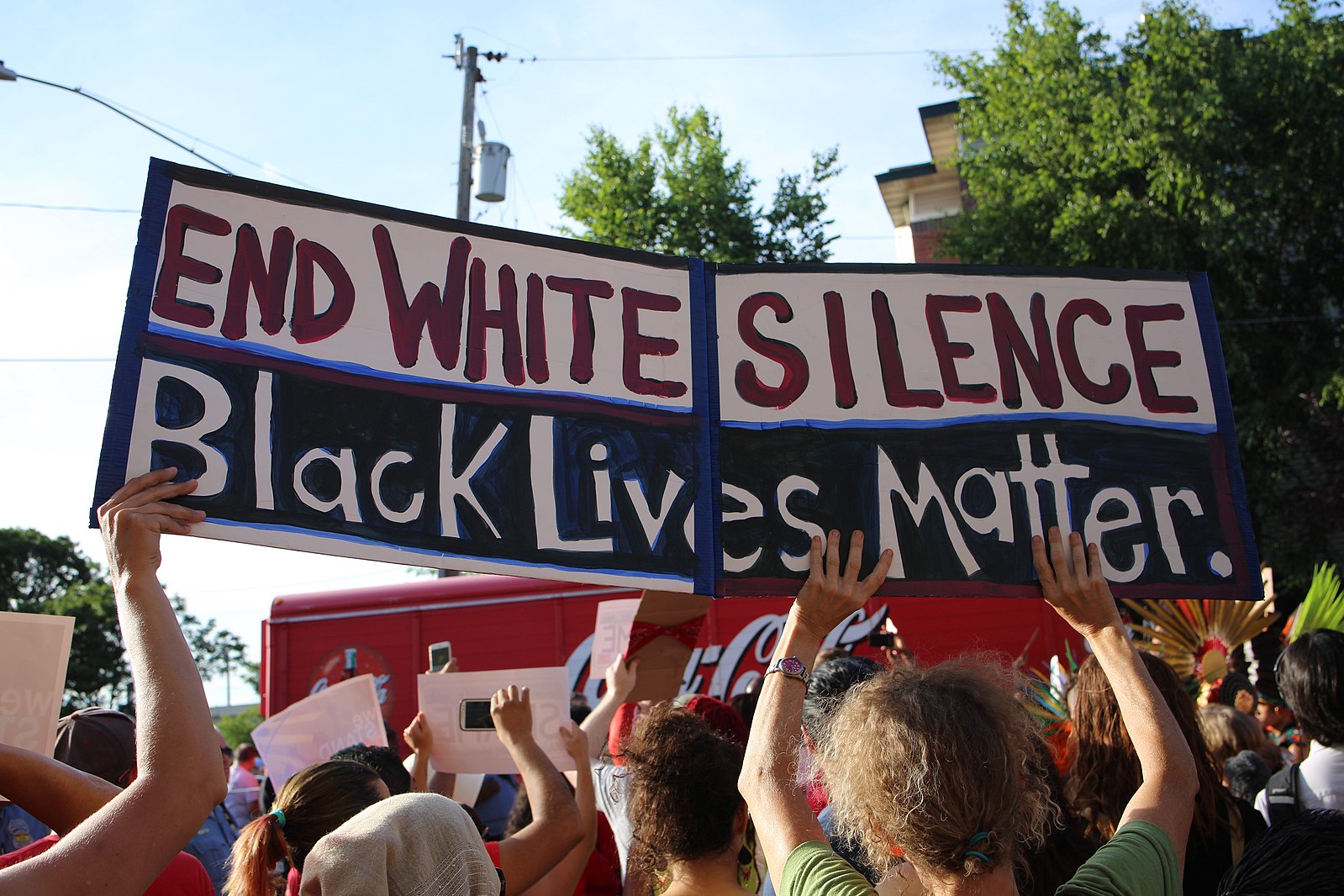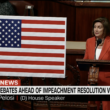When I wrote Diversity, Inc.: The Failed Promise of a Billion-Dollar Business, I decided that it would be my final treatise on the subject. I had already spent a quarter-century of my life writing and lecturing about the need for diversity in journalism and how the lack of it had resulted in the stilted and often demeaning portrayals of African Americans and other people of color. These portrayals excite the bogeyman in the American imagination that results in police brutality, mass incarceration, and the everyday bigotry that defines the lives of black people.
My previous book, Spectacle: The Astonishing Life of Ota Benga, tells the story of a young African who was kidnapped from the Congo and exhibited in the Monkey House at the Bronx Zoo in 1906. My first book, Within the Veil: Black Journalists, White Media, published a little more than two decades ago, chronicled the uphill battle of black journalists to portray the multidimensionality of African American life in mainstream newsrooms that crave stereotypes.
Despite the decades I and countless others have spent illustrating the consequences of racial injustice, many institutions are having the same conversations they had when I began my journalism career, in the early 1980s. The radical underrepresentation of African Americans and other people of color persists in practically every profession, from journalism, tech, and fashion to Hollywood and higher education. Meanwhile racial injustice, a trademark of the current presidency, is as pronounced and prevalent as ever, powered by the indifference of white America.
Now, as I watch the nation explode over the egregious videotaped police murder of yet another unarmed black man, I think about the legions of African Americans throughout history who have eloquently appealed for justice and a semblance of equality that for centuries have eluded black people. I wonder what more can be said that hasn’t already been stirringly expressed by our best and brightest: from Benjamin Bannker, W.E.B. Du Bois, Frederick Douglass, and Ida B. Wells to James Baldwin, Dr. Martin Luther King Jr., Michelle Alexander, and Ta-Nehisi Coates. I wonder, too, about the works of art that might have been created had brilliant writers like Baldwin not been distracted by racism. And I think about how much of my own life has been consumed (squandered?) by the same preoccupation, to little avail.
As black America grieves the loss of yet another irreplaceable life, I cannot conjure new words to convey what so many have already said following the deaths of Amadou Diallo, Michael Stewart, Sandra Bland, Eric Garner, Freddie Gray, Tamir Rice, Michael Brown, Breonna Taylor, Ahmaud Arbery, and so many others. “Black Lives Matter?”
I have been heartened by the presence of so many white protesters around the country and across the globe. I’m also encouraged by the rare words of outrage from leading white politicians. This is, after all, a battle for the soul of white America, which has, through conditioning, become detached from its own humanity. Perhaps the grotesque murder of George Floyd was graphic enough to break through the malaise and complicity of silence. Perhaps these officers will suffer consequences most do not. (Then again, perhaps they won’t.)
Through centuries of oppression, African Americans have learned how to navigate the maddening hypocrisy and brutality of American racism. We know well the antics of the Amy Coopers who callously—and strategically—weaponize race. We’re not surprised to learn we die of Covid-19 at four times the rate of whites. Such disparities are par for the course. Through all of the trauma and blatant injustice, most of us continue to play by rules perpetually rigged against us and somehow manage to preserve our sanity while performing beyond reasonable expectation. But we cannot cure the pathology of American racism.
Now that the curtain has again been ripped back, and no one can any longer claim innocence or ignorance, it’s time for white America to demonstrate, through its deeds, the principles of fairness, decency, and justice it claims to hold dear. African Americans have done enough, said enough, documented enough, and sacrificed enough of our fleeting hours to the cause of justice. It’s now time for white America to put some skin in the game. This one’s on you.
Pamela Newkirk is a professor, journalist, and award-winning author whose most recent book, Diversity Inc.: The Failed Promise of a Billion-Dollar Business, examines the five-decades long quest to diversify the American workplace. She is a trustee of the Public Concern Foundation, publisher of The Washington Spectator.







0 Comments